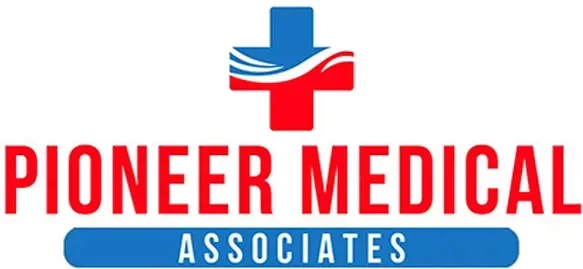
Infectious disease consultations are medical evaluations sought by patients or other healthcare providers when there is a suspicion or confirmation of an infectious disease. Infectious disease specialists, also known as infectious disease doctors or ID physicians, are trained to diagnose and treat a wide range of infections caused by bacteria, viruses, fungi, and parasites. Here is an overview of what an infectious disease consultation may involve:
1. Referral or Patient Request:
- A consultation may be initiated by a primary care physician, another specialist, or the patient themselves based on symptoms, exposure, or confirmed infection.
- The infectious disease specialist will gather detailed information about the patient’s medical history, including recent illnesses, travel history, immunization status, and any potential exposure to infectious agents.
- A thorough physical examination is conducted to assess the patient’s overall health and to identify specific signs and symptoms related to the suspected or confirmed infection.
- The specialist may order or review diagnostic tests, including blood tests, imaging studies, and microbiological cultures, to identify the causative agent of the infection.
- The infectious disease specialist works to identify the specific pathogen causing the infection and determine its susceptibility to various treatments.
- Based on the diagnosis, the specialist will recommend an appropriate treatment plan. This may include antimicrobial medications (antibiotics, antivirals, antifungals), supportive care, and other interventions.
- The specialist will prescribe and manage medications, taking into consideration factors such as drug interactions, potential side effects, and the patient’s overall health.
- Infectious disease specialists provide guidance on infection prevention and control measures, both for the patient and to prevent the spread of infectious agents in the community.
- If the infection affects specific organs or systems, infectious disease specialists may collaborate with other specialists, such as pulmonologists, nephrologists, or surgeons, to provide comprehensive care.
Infectious disease consultations play a critical role in the timely and accurate diagnosis and management of infections. These specialists bring expertise in understanding the complexities of various infectious agents and ensuring appropriate and effective treatment strategies.
